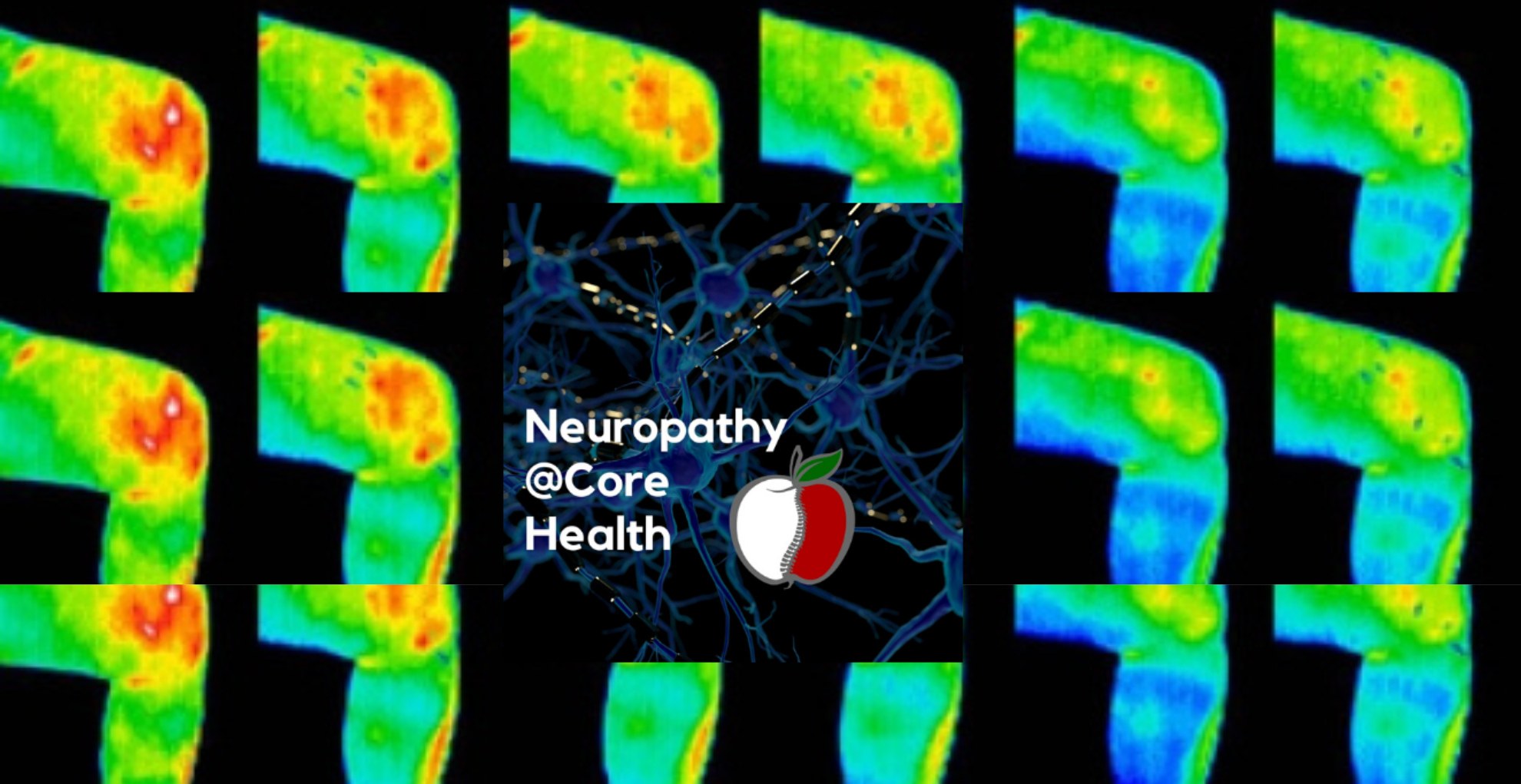Nutritional Guidance for Peripheral Neuropathy
Common Sense Neuropathy Nutrition

A well-balanced diet can help manage and potentially improve symptoms of neuropathy. The following dietary recommendations can be beneficial for neuropathy care:
Nutrient-Rich Foods for Peripheral Neuropathy
Vitamin B12:
Sources: Meat, fish, dairy products, eggs, and fortified cereals.
Importance: Essential for nerve health and the prevention of neuropathy.
Vitamin B6:
Sources: Poultry, fish, potatoes, chickpeas, bananas, and fortified cereals.
Importance: Supports nerve function, but excessive intake can cause neuropathy, so it should be consumed in moderation.
Vitamin B1 (Thiamine):
Sources: Whole grains, legumes, seeds, nuts, pork, and fortified foods.
Importance: Important for nerve health and energy production.
Vitamin E:Sources:
Nuts, seeds, spinach, broccoli, and vegetable oils.
Importance: Acts as an antioxidant and protects nerve cells from damage.
Omega-3 Fatty Acids:Sources:
Fatty fish (such as salmon, mackerel, and sardines), flaxseeds, chia seeds, walnuts, and canola oil.
Importance: Reduces inflammation and supports nerve repair.
Alpha-Lipoic Acid:Sources:
Spinach, broccoli, yams, potatoes, yeast, tomatoes, Brussels sprouts, and rice bran.
Importance: Antioxidant that can help improve nerve function and reduce symptoms of neuropathy.
Magnesium:Sources:
Dark leafy greens, nuts, seeds, whole grains, and fish.
Importance: Supports nerve function and can help reduce pain.
General Dietary Recommendations
Balanced Diet:
Ensure a diet that includes a variety of fruits, vegetables, whole grains, lean proteins, and healthy fats.
Low Glycemic Foods:
For diabetics, maintaining blood sugar levels is crucial. Focus on foods with a low glycemic index, such as whole grains, legumes, and non-starchy vegetables.
Hydration:
Drink plenty of water to stay hydrated, which is important for overall health and nerve function.
Limit Alcohol:
Excessive alcohol can worsen neuropathy and cause additional nerve damage.
Avoid Processed Foods:
Minimize intake of processed foods high in sugars, unhealthy fats, and additives that can exacerbate inflammation and neuropathy symptoms.
Healthy Fats:
Incorporate healthy fats from sources like avocados, nuts, seeds, and olive oil while avoiding trans fats and saturated fats.
Specific Considerations
For Diabetic Neuropathy: Focus on blood sugar management through a diet low in refined sugars and high in fiber. Regular monitoring and maintaining a healthy weight are essential.For Nutritional Deficiency-Related Neuropathy: Ensure adequate intake of the deficient nutrient(s) through diet or supplements as advised by Dr.McKay.

